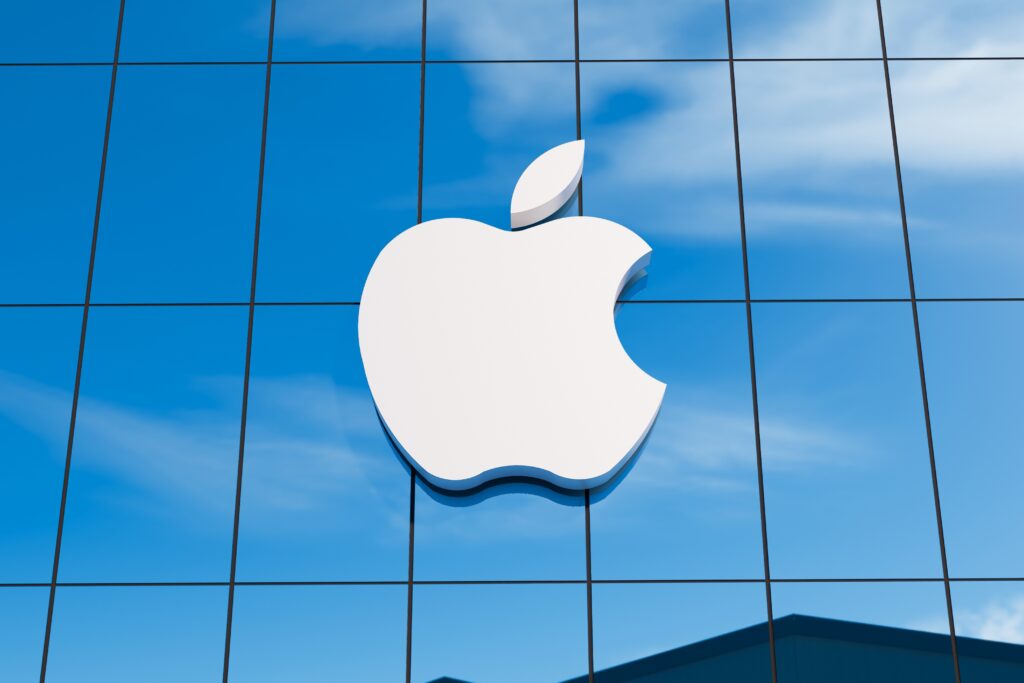Apple Seeks Legal Redress Against UK Directive Demanding Access to Private Customer Data
Apple is taking legal action against a UK government order demanding access to its customers’ encrypted data. The tech giant has filed an appeal with the Investigatory Powers Tribunal, an independent court tasked with handling complaints against the Security Service. The legal challenge represents a significant escalation in the ongoing debate between global tech companies and governments over digital privacy and national security.
Government Order Raises Concerns
In January, the UK Home Office issued a secret order demanding that Apple provide encrypted user data to UK law enforcement in cases of potential national security threats. Apple’s standard encryption allows the company to unlock data when a legal warrant is presented. However, its more secure Advanced Data Protection (ADP) feature prevents Apple from accessing or sharing encrypted data even when authorized by law.
ADP is an optional feature for Apple users, but the company has not disclosed how many customers have enabled it.
Rather than comply with the Home Office’s demand, Apple chose to remove ADP from the UK market last week. To meet the government’s request, Apple would have to create a “backdoor” that would grant authorities access to its users’ encrypted data, a move the company has staunchly opposed on privacy grounds. In its statement, Apple reiterated its commitment to safeguarding user privacy and emphasized its disappointment in having to take such drastic action in the UK.
Privacy Concerns Spark Global Backlash
The UK’s directive has also sparked international criticism, particularly from the United States. Former President Donald Trump condemned the request, likening it to actions taken by authoritarian regimes such as China. “This is a dangerous precedent that undermines privacy and could lead to far-reaching consequences for free societies,” he said in an interview with The Spectator.
US intelligence chief Tulsi Gabbard, who was not notified of the UK’s request, expressed alarm at the move, calling it a “blatant violation” of US citizens’ privacy rights. In a formal letter, she vowed to investigate whether the demand violated existing US-UK data-sharing agreements.
The Financial Times, which was the first to report on Apple’s legal action, mentioned that the tribunal hearing could be scheduled in the coming weeks. However, due to the sensitive nature of the case, it is likely that the proceedings will be kept confidential.
The Home Office has yet to confirm or deny the existence of the secret order, citing legal restrictions that prevent it from being disclosed. A spokesperson for the department explained, “The UK is committed to protecting its citizens from serious crime, including child abuse and terrorism, while also safeguarding privacy. Privacy is only affected in exceptional cases involving the most severe offenses, and only when absolutely necessary and proportionate.”
Apple’s Legal Fight and Broader Implications
Apple’s legal challenge is one of the most high-profile cases involving digital privacy and encryption to date. The company’s decision to withdraw ADP from the UK market signals its firm stance on protecting user privacy, even in the face of government pressure.
The dispute raises broader concerns about the balance between national security and personal privacy. Governments worldwide are increasingly demanding access to encrypted communications, citing the need to prevent terrorism and other serious crimes. However, tech companies argue that weakening encryption undermines the security of all users, making them vulnerable to cyberattacks and unauthorized surveillance.
Apple’s ongoing fight against the UK government order could set an important legal precedent, with global implications for digital privacy and encryption laws. While the case is still in its early stages, it has already become a focal point in the debate over how governments and tech companies should navigate the complex relationship between national security and user privacy.
As the legal battle continues, privacy advocates and tech companies are closely monitoring the outcome, which could have far-reaching implications for the future of digital rights worldwide. Apple, for its part, has vowed to continue its efforts to protect the privacy of its customers, no matter the legal challenges it faces.
To stay updated on this developing story, visit Wealth Magazine for more information.


